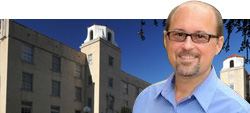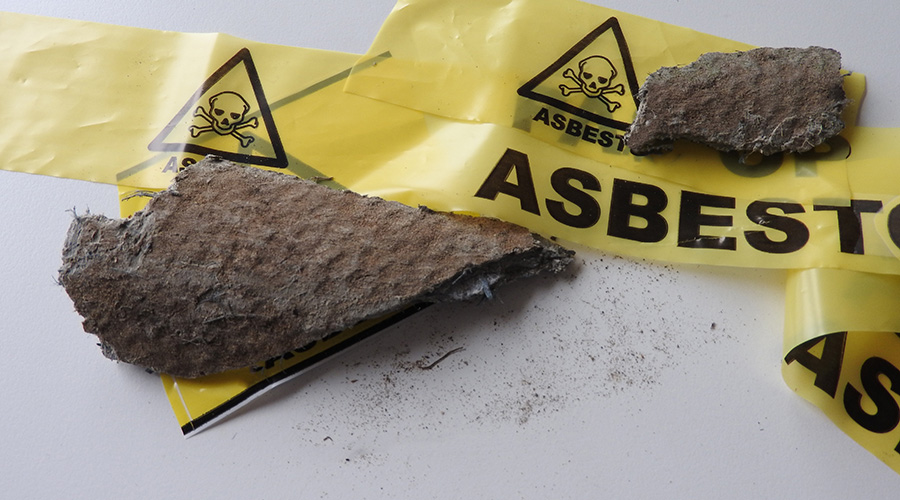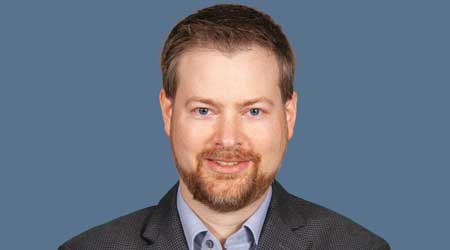Facilities Staff Focuses on Service at Dallas Theological Seminary
OTHER PARTS OF THIS ARTICLEPt. 1: This Page
The Dallas Theological Seminary's goal is to teach its
students not only how to lead, but how to serve. Kevin Folsom and his
facilities staff strive to meet those same goals.
Folsom, director of facilities and plant operations, says
the fact that he and his staff are part of a close-knit community helps them
reach those goals.
"While we enjoy the nuts and bolts of an institution —
we're technicians, we're skilled tradespeople — we're also people who love the
other people on campus," Folsom says. "We like serving them and
helping them meet their mission. We're very mission-oriented in the focus of
our work."
That mission includes maintaining and operating half a
million square feet of classrooms, offices, housing and event space spread
across 20 acres in Dallas. The seminary strives to offer a peaceful environment
on campus, despite its proximity to downtown Dallas, so the department is also
charged with ensuring that the ornamental landscaping on campus is kept in good
shape.
Like most higher education institutions, the different types
of facilities offer vastly different challenges. And, like most educational
institutions, the facilities staff of five full-time employees and 22 total
employees is experienced and doesn't have to deal with too much turnover, Folsom
says.
"You'll find, in a community like ours, people take a
lot of personal interest in their jobs, because their jobs have a much higher
level of ownership," he says. This keeps them content where they are, he
adds.
Unlike most educational institutions, the seminary doesn't
receive support from government organizations, and it isn't affiliated with any
one church.
"The biggest difference would be how we time and pace
our work with the funding model," Folsom says. "We're about half
tuition-based and the other half would be donor-based. We're an independent,
non-denominational institution, so we have to pace ourselves to work within the
funding flow."
That requires some creative thinking, including looking at
renewal as the first option for buildings, instead of replacement. The
department's master plan now calls for facilities to be renewed and refurbished
— and in some cases expanded or combined with other facilities — to use the
available funds more efficiently. While building is still an option when
necessary, it has been avoided in numerous cases where renewal worked instead.
It also offers environmental benefits. By taking existing
buildings and, basically, reusing them, the seminary is able to not only save
time and money, but also produces less construction waste, consumes fewer
resources and doesn't create as much of a headache for students, staff and
visitors.
That attitude toward stewardship is something the seminary
holds dear and uses to shape how it operates, Folsom says. And it also fits
well with the attitude of serving and leading — and sometimes making some
pretty big sacrifices to show just how much it values its role in the
community.
"During the last big freeze we had in February (2011),
there were rolling blackouts," Folsom says. "So the seminary, a year
or so before, had voluntarily entered into a demand response, and we allowed
our power to be turned off for 12 hours during that time.
"The fact that the seminary went as far to make
itself available to do that is quite a statement for their involvement in the
community and trying to support the community as well."
Related Topics:












